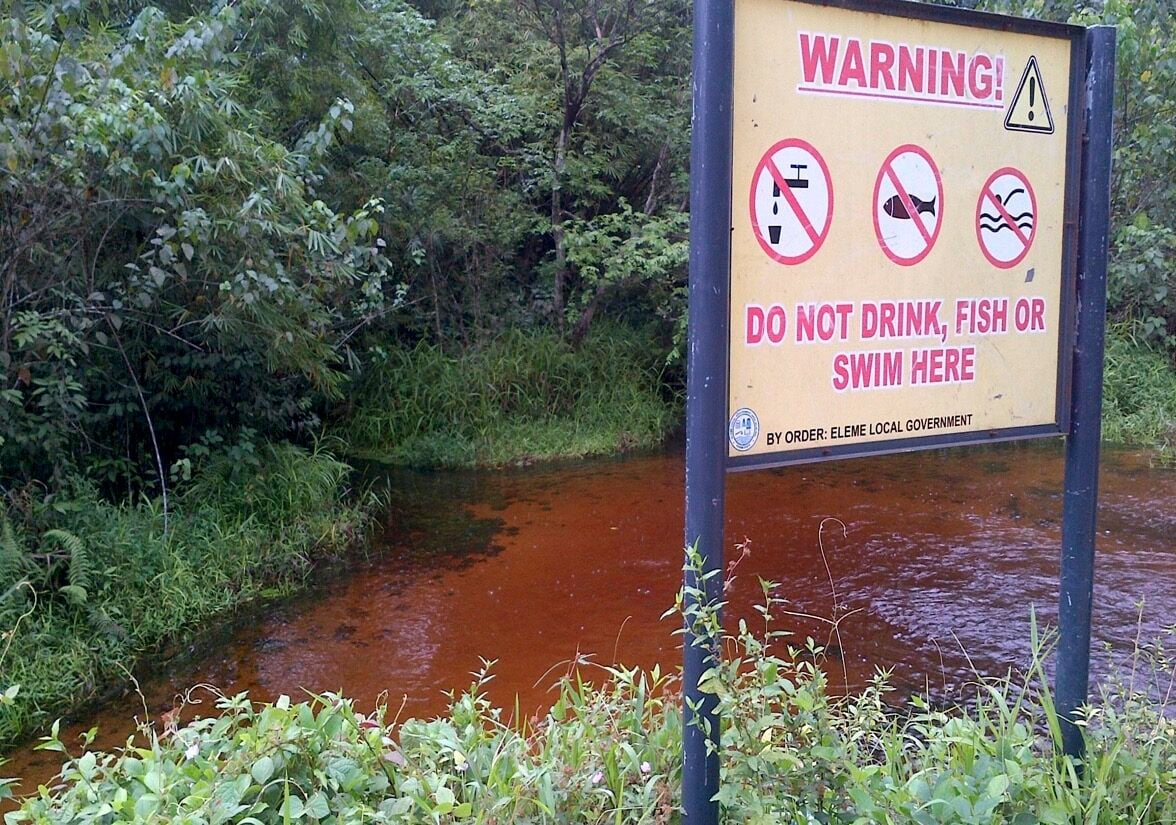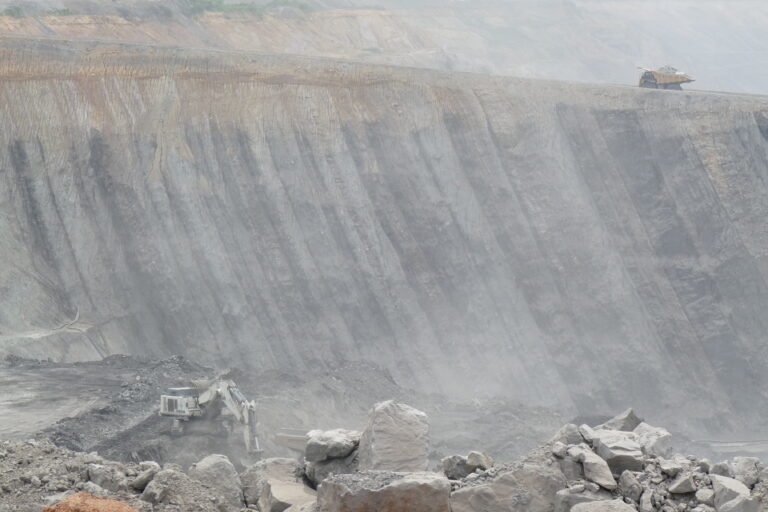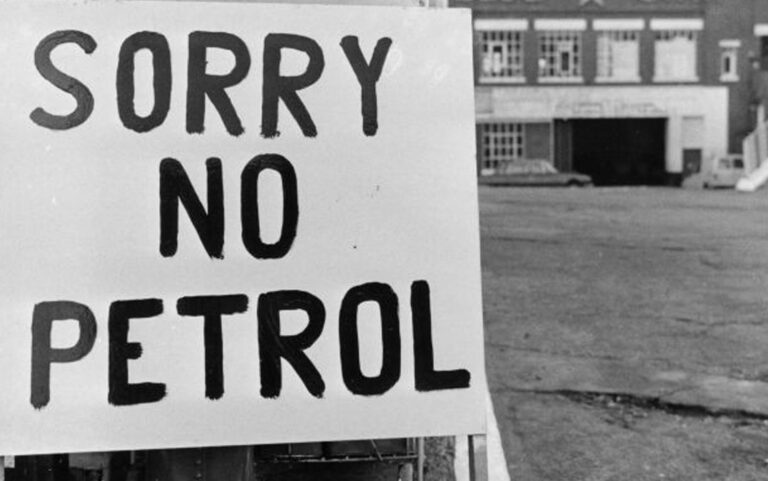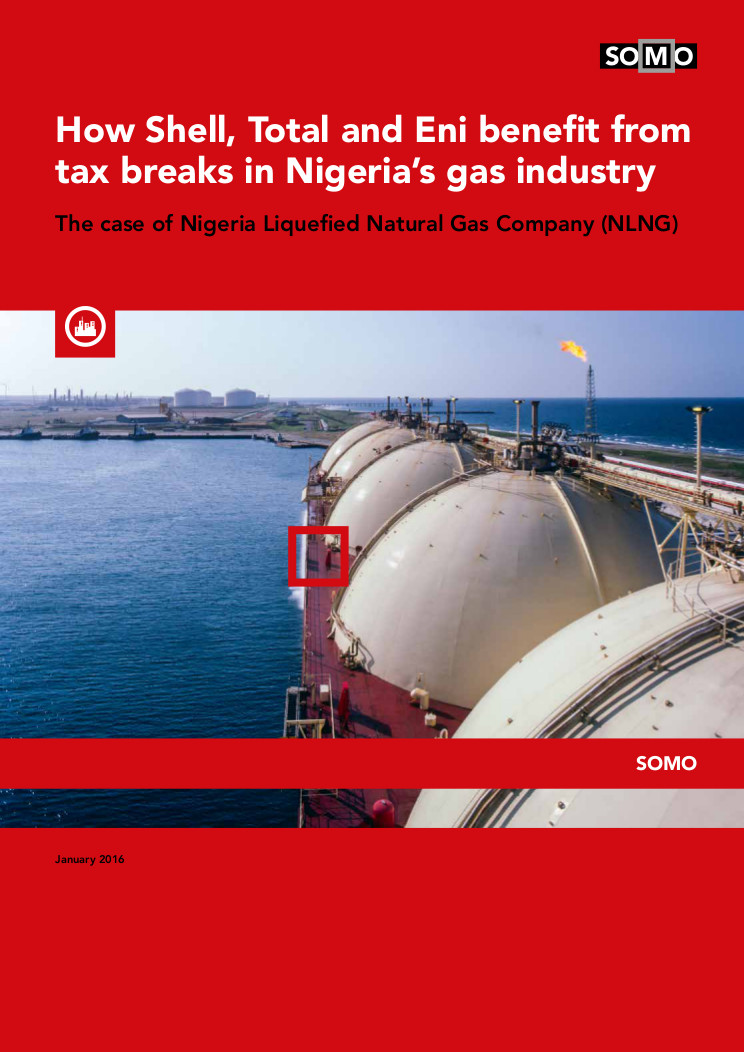
New UK legal case on Niger Delta oil spills – a litmus test for justice in the energy transition


In the context of the climate emergency, there is increasing pressure on companies to disengage from fossil fuels. Some international oil and gas companies are indeed disengaging from some projects, but the rationale is frequently financial rather than environmental, so the assets are sold to a new operator and extraction of fossil fuel continues.
In addition, civil society groups are raising concerns about what these companies are leaving behind when they disengage – a legacy of unremedied pollution, damage and human rights abuse. The Niger Delta, an emblematic context of oil pollution and human rights abuses by oil companies, is now the frontline of a battle to stop irresponsible disengagement by the fossil fuel industry.
One of the worst offenders is oil giant Shell, which has been disengaging from onshore oil fields in Nigeria without remediating the damage caused during decades of exploitation. Today, however, in a show of defiance to Shell’s irresponsible disengagement, some 13,000 people from the Niger Delta are filing claims against the company in the UK High Court, seeking remedy for the devastating impact of oil spills.
Shell has filed a defence that should ring alarm bells for oil-affected communities and civil society groups everywhere. Among the most worrying arguments put forward by Shell is that communities cannot seek remedy for spills that happened more than five years before the legal claim. In the context of the Niger Delta, this is particularly egregious because there is ample evidence, from the United Nations(opens in new window) , Amnesty International(opens in new window) , Milieudefensie(opens in new window) (Friends of the Earth Netherlands) and others, that oil spills are frequently not cleaned up properly, leaving damage that persists for many years.
Shell also suggests that the communities cannot rely on a court order to compel Shell to clean up pollution. Despite evidence that Nigerian regulators have failed to enforce adequate clean-up of pollution, Shell insists that “remediation is a regulatory matter, and the power to compel and monitor clean up and remediation is exclusively vested in the Nigerian regulators”. Shell’s argument could, if successful, leave communities with nowhere to turn, and would run contrary to the human right to effective remedy.
According to Leigh Day(opens in new window) , the law firm representing the communities:
“The implications of these legal arguments are that oil-impacted communities in Nigeria will be unable to seek clean-up of their environments. In addition, communities would be unable to claim compensation for loss of livelihoods unless they are able to prove the damage was caused by operational failure within five years of the date of issuing the claim. For most Nigerian communities living with legacy pollution, that would essentially deprive them of any legal remedy against oil companies.”
At the Centre for Research on Multinational Corporations (SOMO) we have been working on the issue of responsible disengagement for several years, examining a range of contexts, from companies ending a business relationship in their supply chain, to multinationals pulling out of a country. Authoritative international standards such as the United Nations Guiding Principles on Business and Human Rights (UNGPs) and the OECD Guidelines for Multinational Enterprises provide a framework for responsible disengagement.
The UNGPs and OECD Guidelines make clear that companies must conduct due diligence when they divest or exit. Due diligence entails identifying, preventing and remediating the human rights impacts of the business. This includes both impacts that have already occurred and potential impacts that could occur in the future. A company cannot divest itself out of its due diligence responsibilities.
Importantly, due diligence in the context of responsible disengagement means the exiting company must remediate previous adverse impacts it caused or to which it contributed. This applies even if the company disengages from the business relationship through which it contributed to the impact. Businesses are not ‘off the hook’ when they disengage but continue to have responsibilities to remediate harms. Efforts to sell off or fudge liability and responsibility for past harms is incompatible with respect for human rights.
The question of remedy as part of due diligence is particularly important in the fossil fuel sector, given the sector’s long and well-documented history of social and environmental harms. This is, perhaps, one of the most significant challenges for fossil fuel companies: there is no version of a just energy transition that includes a legacy of unremedied human rights and environmental abuses around former oil and gas projects.
Shell’s exit from the Niger Delta, and the UK legal action, will be followed closely by civil society. Ensuring that past pollution and harms are fully addressed will be a litmus test for a just energy transition.
 Photo: LeighDay
Photo: LeighDayDo you need more information?
-

Audrey Gaughran
Executive Director -

Joseph Wilde-Ramsing
Advocacy Director
Partners
-
Leigh Day


Related content
-
Posted in category:Publication

-
 Complaint against Telenor for irresponsible disengagement from MyanmarPosted in category:News
Complaint against Telenor for irresponsible disengagement from MyanmarPosted in category:News Joseph Wilde-RamsingPublished on:
Joseph Wilde-RamsingPublished on: -
 Oil trader Vitol silent about its activities in high-risk NigeriaPosted in category:News
Oil trader Vitol silent about its activities in high-risk NigeriaPosted in category:News Saskia van DrunenPublished on:
Saskia van DrunenPublished on: -
 Shell pressured Nigeria with ISDS process to obtain oil field OPL 245Posted in category:News
Shell pressured Nigeria with ISDS process to obtain oil field OPL 245Posted in category:News Bart-Jaap VerbeekPublished on:
Bart-Jaap VerbeekPublished on: -
 ActionAid and SOMO reveal billion dollar tax break benefiting Shell, Total and EniPosted in category:NewsPublished on:
ActionAid and SOMO reveal billion dollar tax break benefiting Shell, Total and EniPosted in category:NewsPublished on: -
 Mark van DorpPosted in category:Publication
Mark van DorpPosted in category:Publication Mark van Dorp
Mark van Dorp
-
The Shell climate verdict: a major win for mandatory due diligence and corporate accountabilityPosted in category:Opinion
 Joseph Wilde-RamsingPublished on:
Joseph Wilde-RamsingPublished on: Joseph Wilde-Ramsing
Joseph Wilde-Ramsing -
Quick profits, lasting damagesPosted in category:Opinion
 Ilona HartliefPublished on:
Ilona HartliefPublished on: Ilona Hartlief
Ilona Hartlief -
Shell’s legal weapon to threaten a just energy futurePosted in category:Opinion
 Bart-Jaap VerbeekPublished on:
Bart-Jaap VerbeekPublished on: Bart-Jaap Verbeek
Bart-Jaap Verbeek -

-
-
 SOMO welcomes settlement between British agribusiness giant and Kenyan claimantsPosted in category:NewsPublished on:
SOMO welcomes settlement between British agribusiness giant and Kenyan claimantsPosted in category:NewsPublished on: -




